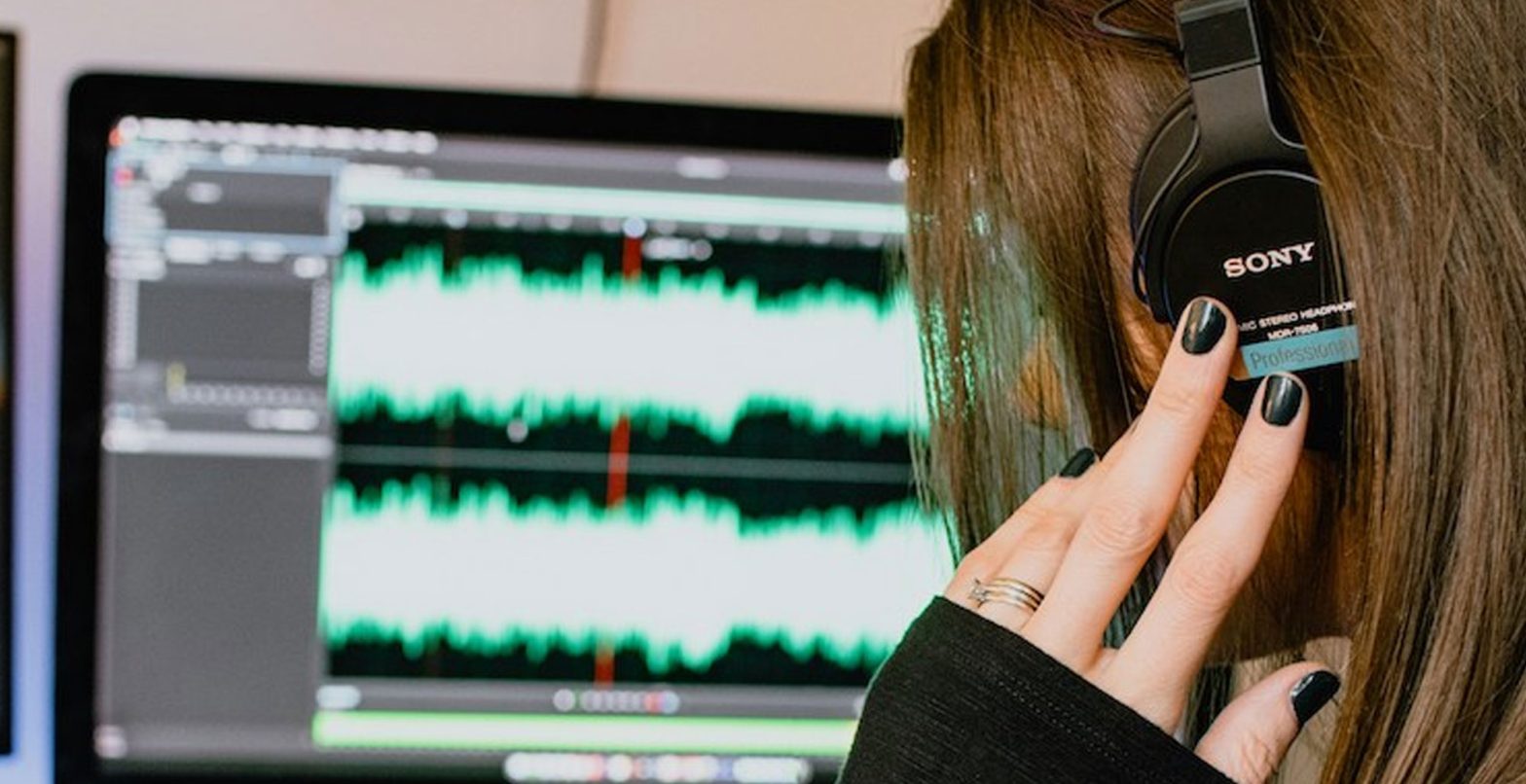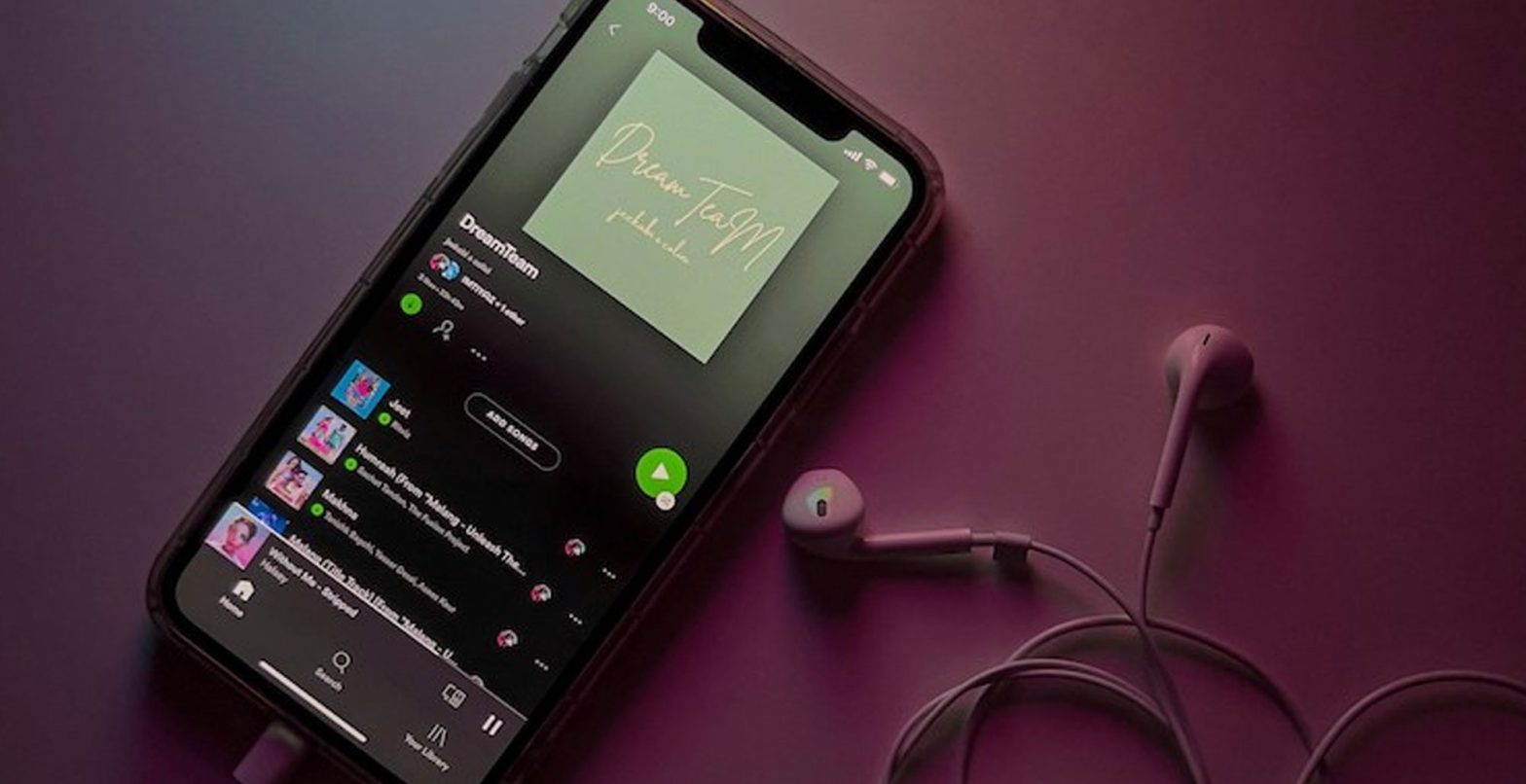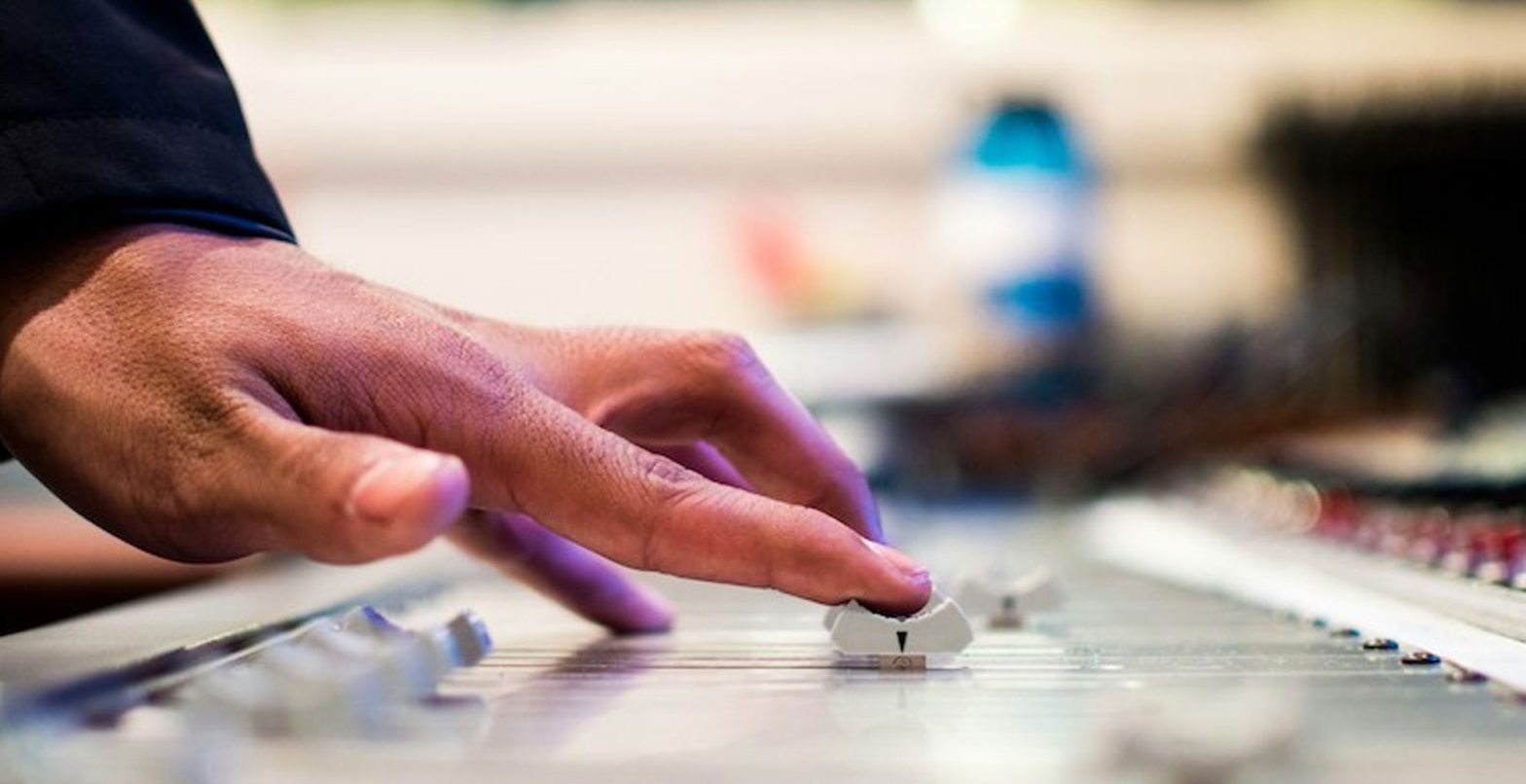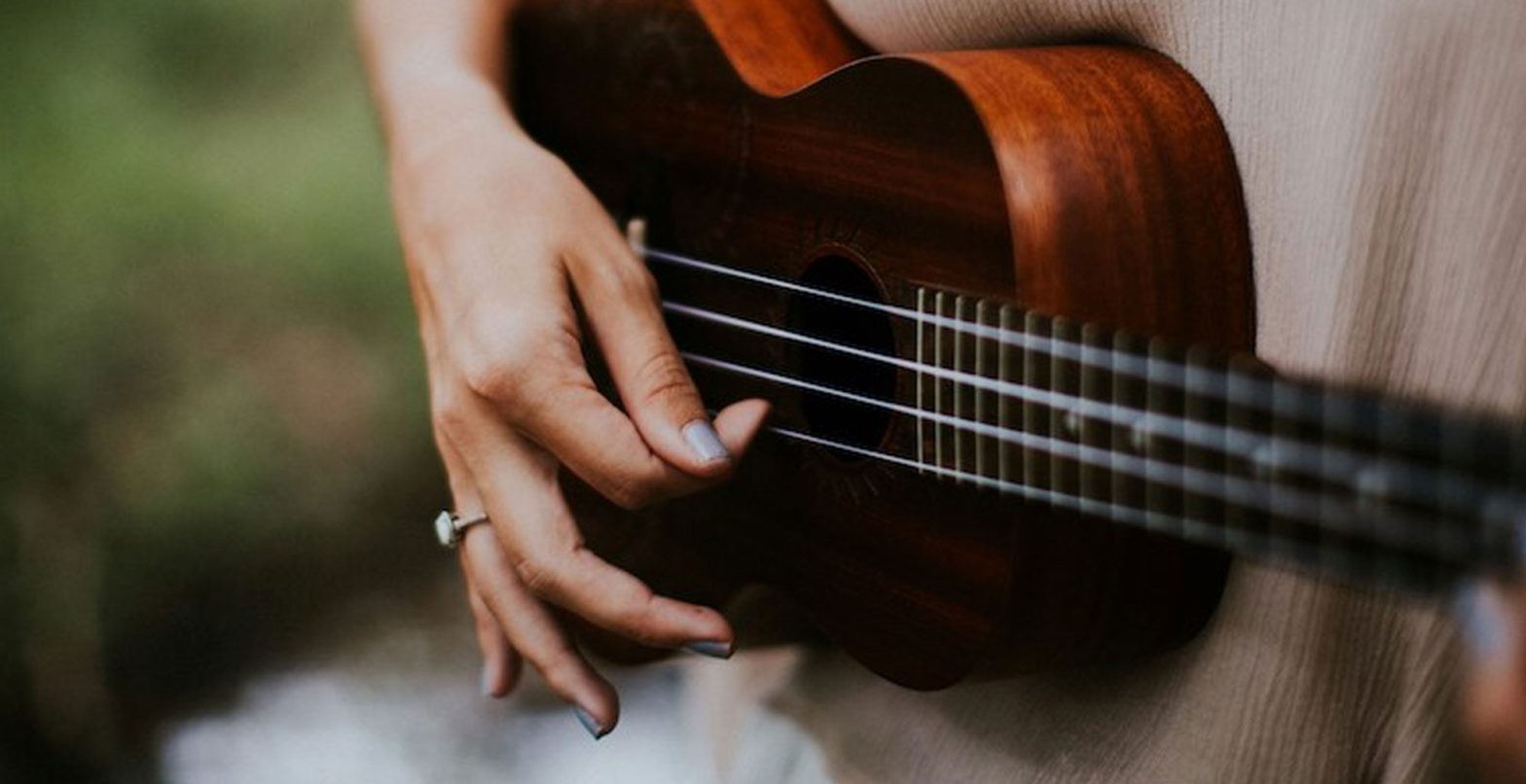Imagine hearing your favorite song and feeling like you’re right there in the recording studio, soaking up every nuance and subtlety of the performance. Or that moment when you plug in your headphones and hear little details that you hadn’t noticed before in a song you love, like sounds drifting from ear to ear or delicate instruments in the background.
What we’re describing is basically the magic of lossless audio. But what exactly does “lossless” mean? In simple terms, lossless audio refers to a way of compressing audio data without any loss of quality. Think of it as vacuum-sealing a steak: you preserve all the juicy goodness without squishing or altering the meat itself. Sounds too good to be true? Not necessarily.
Why is Lossless Audio So Popular?
Lossless audio is all about preserving the original sound of a musical recording, so the listener gets the highest possible quality. Unlike its counterpart, lossy audio, which sacrifices some quality to save space (think MP3 or AAC), lossless audio formats like FLAC (Free Lossless Audio Codec), ALAC (Apple Lossless Audio Codec), and WAV (Waveform Audio File Format) maintain the integrity of the original recording. This means every detail, every note, and every bit of the sonic texture is preserved, just as the artist intended. It’s the top-tier of audio quality, at least for now.
The popularity of lossless audio has surged in recent years, and for good reason. As our listening devices have evolved to high-quality headphones, advanced home audio systems, and sophisticated digital-to-analog converters (DACs), the demand for higher fidelity sound has grown. People are looking for that warm, rich, analog quality you get when listening to a vinyl record from their digital libraries. Lossless audio caters to this need, offering a richer and more immersive listening experience.
One major driving force behind the rise of lossless audio is the growing awareness and appreciation for high-quality sound. Audiophiles, who are passionate about sound quality, have long championed lossless formats. But even casual listeners are starting to notice the difference. As streaming services and digital downloads become the primary means of music consumption, the convenience of high-quality audio that doesn’t take up too much space is increasingly appealing. That’s why you’ll notice more and more lossless audio content popping up on popular streaming platforms like Apple Music.
Is Lossless Audio Really Better?
To say that lossless audio is “better” than other types of audio can be a bit subjective. It depends on what you value in your listening experience, and how much you care about the small details. For those who crave the highest possible sound quality and want to hear music exactly as it was recorded, lossless audio is the clear winner. It provides a depth and clarity that lossy formats simply can’t match. Imagine listening to a symphony and being able to pick out each individual instrument with crystal-clear precision. That’s the level of detail lossless audio can offer.
On the other hand, there are some trade-offs to consider. Lossless files are significantly larger than their lossy counterparts, which can be a concern for storage and streaming. If you’re listening on standard earbuds or through your laptop speakers, the difference in quality might not be as noticeable. But on a high-end system or with a good pair of headphones, the difference can be striking.
The Best Streaming Platforms for Lossless Audio
If you’re an audiophile looking for the best quality audio you can get online, you’re in luck, as there are several streaming platforms that cater to your high-fidelity cravings. Tidal is one of the pioneers in this space, offering a HiFi tier that streams FLAC files at CD quality. It’s a favorite among audiophiles and has a robust library of high-quality tracks.
Another major player is Amazon Music HD, which provides access to millions of songs in lossless quality. It’s a great option for those already invested in the Amazon ecosystem. Apple Music has also joined the lossless audio party, offering ALAC streaming as part of its standard subscription, and their lossless library keeps growing at a fast rate.
For those who prefer classical music, platforms like Primephonic (which merged with Apple Music in 2021 and is now dubbed Apple Music Classical) specialized in high-quality streams and comprehensive classical libraries. Qobuz is another excellent choice, known for its high-resolution audio and extensive catalog.
What Musicians and Producers Should Know About Lossless Audio
For musicians and producers, understanding the importance of lossless audio is crucial. When it comes to recording and mixing, using lossless formats ensures that every nuance of the performance is captured and preserved for the listener to enjoy. This is particularly important in genres where detail and dynamics are paramount, such as classical, jazz, and acoustic music.
In the production phase, working with lossless audio allows for more precise editing and mastering. The absence of compression artifacts means that producers can manipulate the audio without worrying about quality degradation. This is especially important when it comes to mastering, where maintaining the highest possible quality is the goal.
From a distribution perspective, offering music in lossless formats can be a selling point. As more listeners become aware of and seek out high-quality audio, providing lossless options can differentiate an artist or label in a crowded market. It’s also worth noting that many streaming services now support lossless uploads, making it easier for independent artists to offer their music in the best possible quality.
The Future of Lossless Audio
The future of lossless audio looks bright, and sounds good, with continued advancements in streaming technology and increasing consumer demand for high-quality sound. As internet speeds improve and storage becomes cheaper, the barriers to accessing and storing lossless audio are diminishing. This means that high-fidelity sound will likely become even more mainstream.
We’re also seeing more innovations in audio technology, such as 3D audio and spatial audio, which aim to create even more immersive listening experiences. These technologies are often best enjoyed with lossless audio as their foundation, ensuring that the intricacies of the soundscape are fully realized.
To sum up, lossless audio represents the pinnacle of sound quality in the digital age. It offers an unparalleled listening experience for those who value the finer details in music. Whether you’re a casual listener, a die-hard audiophile, a musician, or a producer, understanding and embracing lossless audio can elevate your appreciation and enjoyment of music to new heights. So, plug in your best headphones, fire up your favorite lossless track, and get ready to hear music like never before.
Frequently Asked Questions
1. What is the difference between lossless and lossy audio formats?
Lossless audio formats, such as FLAC and ALAC, compress audio data without any loss of quality, preserving the original sound exactly as it was recorded. In contrast, lossy formats like MP3 and AAC reduce file size by discarding some audio information, which can result in a slight loss of sound quality.
2. Can you really hear the difference between lossless and lossy audio?
Whether you can hear the difference depends on several factors, including the quality of your audio equipment, the environment you’re listening in, and your own hearing sensitivity. On high-end audio systems and good headphones, many people notice a significant improvement in clarity and detail with lossless audio.
3. Does streaming lossless audio use more data than streaming lossy audio?
Yes, streaming lossless audio consumes more data because the files are larger. For example, a typical FLAC file is several times the size of an MP3 file. If you’re concerned about data usage, ensure you have a robust internet connection and a generous data plan.
Join Xposure Music and gain access to some of the best music industry professionals in the U.S. Top experts from Sony, Columbia, Def Jam, or Universal have already joined our platform, and they’re ready to give invaluable, on-point feedback on your work, which can help you land that dream record deal or publishing deal you’ve been working towards. Sign up now and reap the rewards.
If you’re looking to kickstart your music career but have limited resources, we can help you get funding for your next project while staying in control of your own work and career trajectory. You keep 100% ownership of your masters and get an advance ranging from $1,000 to $3 million to get your career off the ground. Get an estimate now and start turning your dream into reality.





